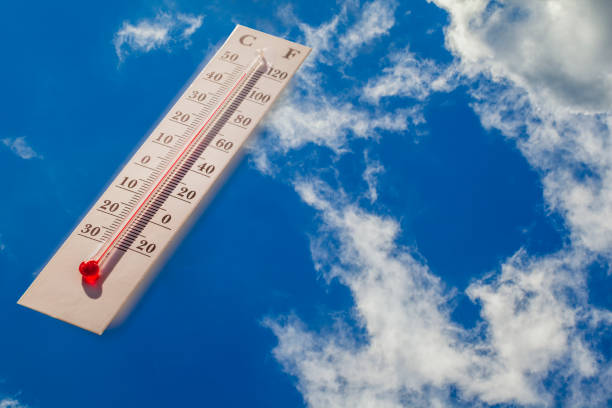As summer temperatures rise and become extreme, it is not uncommon for your air conditioning system to experience problems. Usually, air conditioning systems function in outdoor temperatures of 100 degrees Fahrenheit or less. However, when temperatures exceed this, your air conditioning system will consume more energy, leading to the unit malfunctioning.
When the temperature outside exceeds 95 degrees, your air conditioning system will run at its maximum output. While this is happening, your house temperature will be around 80 degrees. Lowering the thermostat will not improve the performance of the air conditioner. This will cause the machine to work harder without being able to change the actual temperature.
As temperatures rise to extreme numbers, many people will lower their thermostats to make their air conditioners cool down their houses even further. As a result, increased energy usage and constant use can overload power grids, causing widespread power outages and higher utility bills. Other issues that appear through over usage include air filters becoming clogged faster than average and the exterior unit accumulating debris much more quickly.
During extreme temperatures, replacing the filters on your air conditioners once a month is vital. Cleaning the exterior should be done while the unit is turned off; you should use a long-handled brush to clean the fans. Lowering Freon temperatures in the unit can be done by aiming a lawn sprinkler toward it. However, if your air conditioner system is twelve years or older, it might be time to think about replacing it. Older systems often are not as efficient in cooling down your house and will consume more energy.
